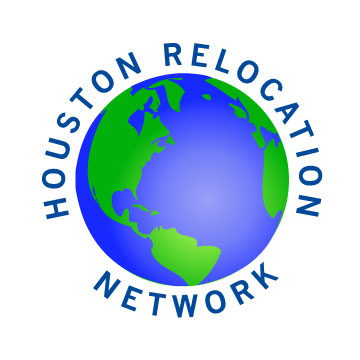Steps To Take When Relocating
Send change-of-address cards to the post office, social security office, insurance companies, relatives, friends, etc.
Make all travel arrangements and obtain your tickets well in advance. Familiarize yourself with alternate travel options.
Before moving your pet, schedule an examination by a veterinarian, who may suggest a tranquilizer or some other measure to make your pet more comfortable during the trip. Obtain copies of your pet's health and rabies vaccination records, and update identification tags.
Don't forget to notify the telephone, gas, cable, electric, and water companies, as well as newspaper delivery service, garbage pickup, and anyone else who should know when to discontinue service (Visit www.connectutilities.com for assistance).
Analyze your storage needs. As an alternative to storage, if there are items you won't need or can't use at your destination, you might want to consider selling them instead; it may be more cost-effective, and the money you get for your unneeded items will certainly come in handy.
Obtain all personal records—e.g., prescriptions and medical records, school transcripts, marriage and birth certificates, vehicle registrations, etc.—and carry them personally.
Place valuables from safe deposit boxes, jewelry boxes, and important papers should be carried with you, rather than packed and transported with household goods.
Country Information
Every country has specialized laws and customs, so I recommend the study of etiquette and customs of the destination country beforehand. The country's consulate is an excellent source of this information. Another resource is the book Kiss, Bow, or Shake Hands.
The U.S. embassy of the new country can provide a list of American schools that follow the traditional U.S. curriculum and provide all instruction in English. There are private schools that offer the International Baccalaureate curriculum. Health care around the world is different in every country. The consulate or U.S. State Department can advise the transferee on the current situation regarding health care for foreign nationals.
I will provide your employee with a list of contacts for foreign consulates and embassies in the country in which they are relocating.
Item Restrictions
There are often strict regulations on what can be taken across the border of certain nations. Guns, alcohol, controlled substances, and even certain types of literature are sometimes strictly prohibited in foreign countries.
Also, some everyday appliances may need special adapters or will not work in the new country. Please check with your human resource department for a list of restricted items and appliance restrictions.
Valuables and Personal Records
Your employee should obtain all personal records—e.g., prescriptions and medical records, school transcripts, marriage and birth certificates, vehicle registrations, etc.—and carry them personally. Valuables from safe deposit boxes, jewelry boxes, and important papers should be carried with them as well.

